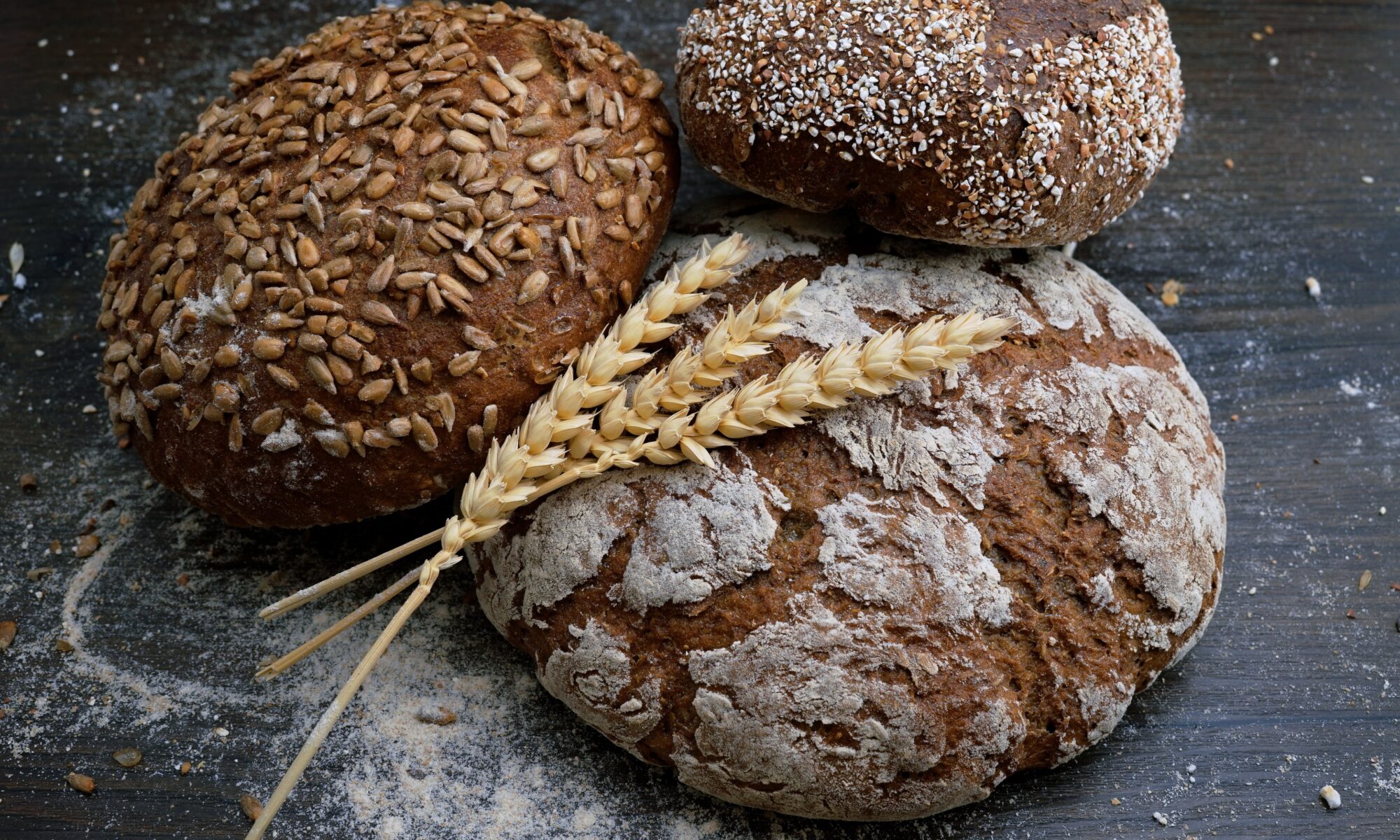“Lives of great men all remind us
We can make our lives sublime,
And departing leave behind us
Footprints on the sands of time.”
~ Henry Wadsworth Longfellow (a favorite of Eli Jones)
In my opinion, one of the greatest physicians of all time—and perhaps the person that has influenced me more than any other in my clinical practice and pursuit of doing all that I can to help those with cancer—was Dr. Eli Jones, an American Eclectic physician. He was a master of knowing the specific actions and indications of each herb, and especially the applications of herbs for cancer.
The basic principles of Eclectic medicine can be distilled to these simple precepts:
- Nature is the great physician who, if permitted and not interfered with, provides for our physical requirements.
- Disease (dis-ease) of whatever nature is caused by a lack of equilibrium (an imbalance), the result of an abnormal condition in the body, or the result of congestion due to poor elimination.
Dr. Jones was a true Eclectic in that he read all medical textbooks of that time, including allopathic, Physiomedical, homeopathic, and of course, Eclectic. He believed in the exploration of every system of medicine, regardless of its origins, to discover and apply the most useful principles for the wellbeing of humanity. He combined his own botanical formulations (internal and topical) with simple Nature Cures such as hydrotherapy, and he also used some homeopathy.
Continue reading “The Wisdom of Dr. Eli Jones, One of the Greatest Physicians of All Time”






